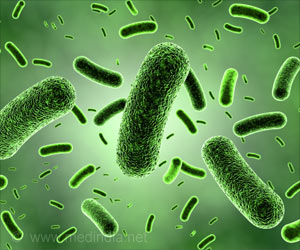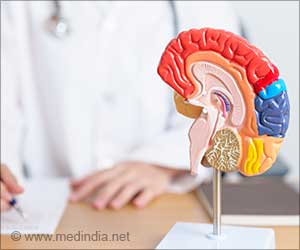Karolinska Institutet scientists have identified a mechanism key to formation of lasting memories.
During the study on genetically manipulated mice, the research team was able to switch on and off the animals' ability to form lasting memories by adding a substance to their drinking water."We are constantly being swamped with sensory impression," says Professor Lars Olson, who led the study.
"After a while, the brain must decide what's to be stored long term. It's this mechanism for how the connections between nerve fibers are altered so as to store selected memories that we've been able to describe," Olson added.
The researchers discovered that signaling via a receptor molecule called nogo receptor 1 (NgR1) in the nerve membrane plays a key part in formation of lasting memories.
When nerve cells are activated, the gene for NgR1 is switched off, and the team suspected that this inactivation might be important in the creation of long-term memories.
To test this hypothesis they created mice with an extra NgR1 gene that could remain active even when the normal NgR1 was switched off.
Advertisement
"However, two different memory tests showed that the mice had serious difficulties converting their normal short-term memories to long-term ones, the kind that last for months," Olson added.
Advertisement
The medicines designed to target the NgR1 receptor system would be able to improve the brain's ability to form long-term memories.
The study appears in scientific journal of Proceedings of the National Academy of Sciences.
Source-ANI
ARU












